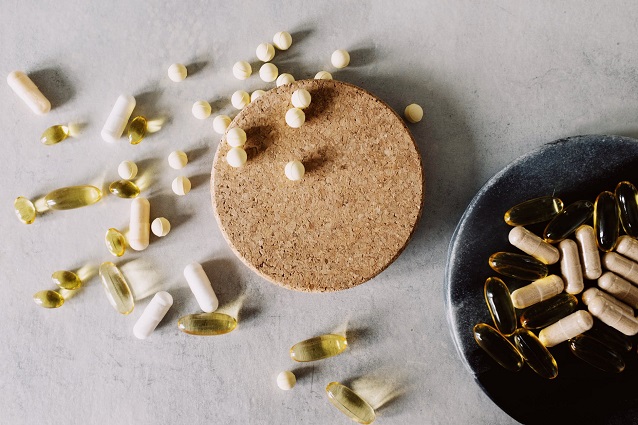The Importance of Prevention: Supplements to Help You Stave Off Colds and Flu
There are many studies that confirm the fact that taking certain vitamins in addition to leading a healthy lifestyle is crucial in supporting our immune system. Still, many people are reluctant when it comes to taking vitamin supplements, although, we can all benefit from them. Considering the fact that not many of us can allow eating organically grown food and vegetables since they’re much more expensive, we are consuming food that lacks many vital sources of nutrients.
Some studies suggest that only 10-20% of people are getting the recommended dose of fruits and vegetables. This leads to developing a number of unwanted diseases and becoming more prone to infections, such as different types of flu and colds. That said, if you want to avoid infection but aren’t able to get your daily intake of fruits and veggies, you may want to try supplementing with some of the most popular vitamins for cold prevention.
Which Vitamins Should I Take to Prevent Colds?

There are many types of natural cold and flu remedies that we are advised to take whenever we get sick. However, not all of them feature the same quality and ingredients, therefore it’s wise to take into account the importance of choosing reliable vitamin brands.
Some of the most frequently prescribed vitamins for cold and flu are vitamin C, Vitamin D, Echinacea, zink, and many others. So let’s have a look into each one of them and describe the benefits they have in the prevention and treatment of a cold.
Echinacea

Today many people are taking echinacea supplements to treat a range of illnesses, including coughs and colds, bronchitis, upper respiratory infections, ear infection, influenza, etc. Also, this fact has been confirmed by some recent research studies which suggest that taking echinacea vitamins for colds can shorten the duration of a cold by about a half-day and reduce the severity of the symptoms.
This herb is generally known that doesn’t cause any health troubles or side effects, however, many people notice that taking it has made their stomach upset. This also has to do with the fact that some types of supplements cannot really be taken with other types of medications, that’s why you should always consult your doctor before you decide to implement them in your diet.
Garlic

Garlic is the most commonly used vitamin for cold treatment and it has been used throughout history in Nepal, East Asia, and the Middle East to treat various forms of diseases including bronchitis, tuberculosis, intestinal worms, diabetes, and fevers.
Due to its unpleasant smell when taken in its raw natural form, many people decide to take garlic in the form of a powdered supplement. This substance has myriad other health benefits for the human body. From fighting against the hardening of the arteries, reducing blood period pressure and cholesterol levels, to fighting various forms of colds and flu.
Vitamin C

According to many health experts, vitamin C is one of the safest and most commonly used supplements for the prevention of colds. Some studies which have been conducted on animals have also found out that vitamin C administration helps in the prevention of fighting infection caused by microorganisms. Though vitamin C isn’t exactly linked to curing a common cold, it provides a host of other benefits that protect our body.
These include giving a boost to our immune system, helping in managing some of the symptoms of cardiovascular disease, and reducing the appearance of wrinkled skin. The advised intake level of vitamin C for adults is 2000 mg, children ages 8-13 should take about 45mg, and for younger kids, 3-8 years of age, the recommended dose is 25 mg.
Vitamin D

With the outbreak of the Covid19 pandemic, more people were required to stay indoors due to the lockdown measures, which inevitably caused many people to get deprived of the essential vitamin D. This same vitamin has proven to be among the most essential vitamins for the prevention of cold and many other respiratory infections.
Therefore, many people were advised to start taking this vitamin in a form of supplements to protect their bodies and sustain it with the needed optimal levels. Besides this, vitamin D also has some other important functions including regulating the absorption of calcium and phosphorus which is crucial for the normal development of bones and teeth and fighting a myriad of other diseases, including depression, obesity, and many more.
Zinc

Most types of cold are caused by a type of virus called rhinovirus, which thrives in the nasal passages and throat. Many studies have confirmed that zinc may help in the prevention of cold and other respiratory infections. The recommended safe dosage of zinc vitamins supplements is 40 mg, according to NIH. Also, you should be mindful not to overdo it as it can cause a number of unwanted health troubles including anaemia and copper deficiency.
However, it’s worth pointing out that this vitamin may not produce any of the benefits we mentioned if taken in conjunction with other medications. These most often include some types of antibiotics, ACE inhibitors, and immunosuppressant medications.



